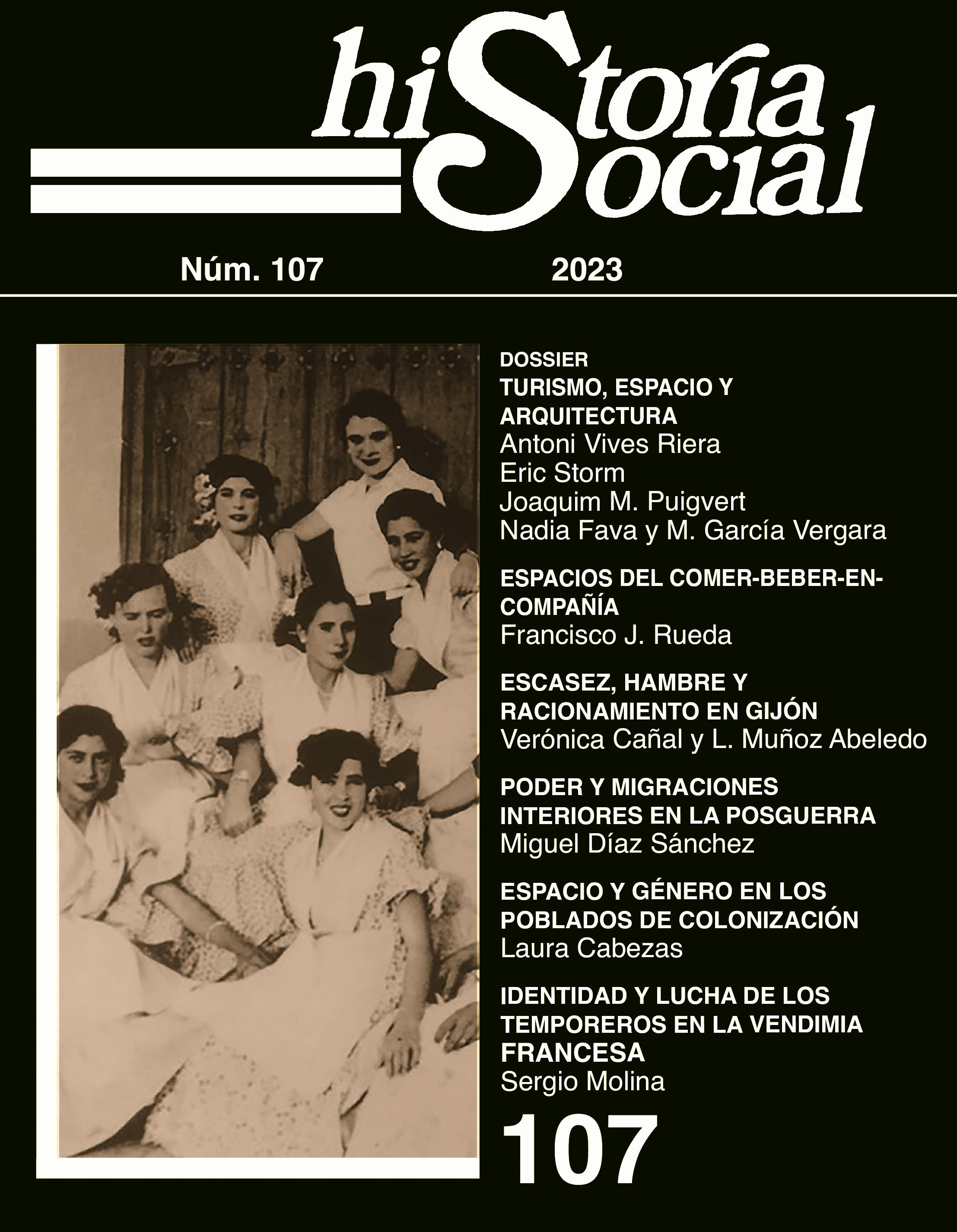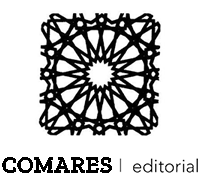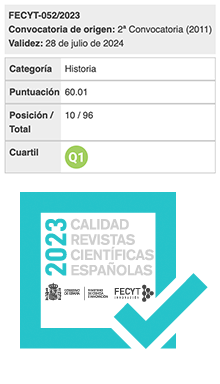A country without migrants? Authority and internal migrations in the Aftermath of the Spanish Civil War
DOI:
https://doi.org/10.70794/hs.103371Keywords:
Spain, francoism, internal migrations, repression, postwarAbstract
Internal migrations in spain have received outstanding attention from historiography, with the exception of those that took place during the post-war period. This article aims to provide knowledge about this period through an analysis perspective that will integrate and contextualize the existing relationships between internal migrations and the political, economic and social conditions present in it. in particular, the repressive mechanisms implemented against the free mobility of people during these years and the strategies developed by migrants to confront these repressive mechanisms will be analyzed.







